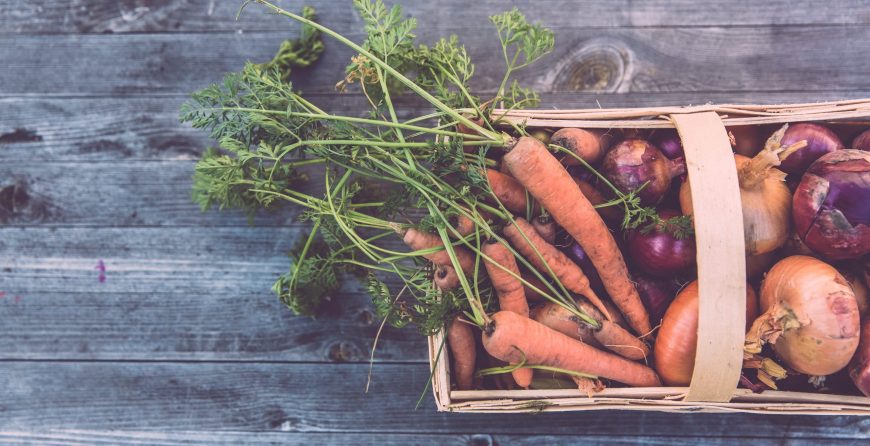Organic gardening can be rewarding for your household, but have you ever thought of the benefits that come with organic farming?
More consumers recognize that organic food is a healthy, ethical choice, which means they’re picking more of it up at the grocery store. Aside from financial gain, organic farming offers various benefits.
- Reduces the environmental exposure to toxins
The Organic Trade Association has said that if every farmer in the United States started following organic practices, it would keep 500 million pounds of toxic pesticides from entering the environment each year.
We know that pesticides and chemical use lead to many problems including:
- When sprayed on plants, pesticides contaminate the soil, air, and water.
- Harmful pesticides can last for decades
- They allow disease resistance to build up in plants, weeds, fungi, bacteria, and plant-eating insects
- Using synthetic chemicals means you can’t use smart farming methods such as crop rotation and cover crops
- Creates healthy soil and crops
As an organic gardener, you know that healthy plants begin with healthy soil. Traditional farming prevent us from treating the soil as we should. When we put harmful pesticides and chemicals into our farmlands, we end up with soil that can’t produce and thrive independently.
The best way to manage healthy soil is to use natural cultivation practices. Studies have shown that organic farming is more effective at building up organic material in the soil compared to no-till methods.
- Combats soil erosion
Organic gardening practices build up healthy soil that can fight off environmental issues such as erosion. Organic farming methods do the same!
A recent study examined what happens in a chemically treated wheat field compared to one that wasn’t treated with chemicals. The results showed that the organic field contained eight more inches of topsoil than the chemically treated field and only one-third the erosion loss. That’s a big difference!
Organic gardeners know how strong the soil in their gardens become and how much more efficient they are at holding water. Erosion is a serious problem for our lands because it impacts our farmlands, food supply, and us. Organic farming practices are the answer to combating the erosion problem.
- Conserves water and keeps it healthy
There’s no question that our water supplies are slowing dwindling and poor water quality is a serious threat to many, including those in developed countries.
As a planet, we can’t afford to have our water supply to be at risk, so what can we do?
Runoff from non-organic farms contains toxic pesticides, fertilizers, and animal waste that contaminates our water. When you practice organic farming methods, you’re doing our water supply (and us) a great service because such methods keep runoff out of our water.
The other side of the coin is that organic farming helps conserve water. Since organic farmers tend to spend more time amending their soil (using mulch and adding worm castings), they’re more successful at conserving water. Traditional farming methods require more irrigation, which means more water gets used.


